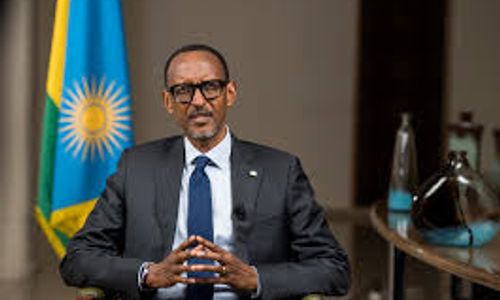The Superpower-Ramadan.
Ramadan is the perfect test from God himself to see which men have self-control and which men do not. No food, no water, no touch or love of a woman from sunrise to sundown. It's not much, It is not fighting your natural instinct for self-preservation by charging gunfire. But it is enough that most men cannot do it. Most likely you reading this could not do it. You have not yet become a skilled adept at controlling your own mind. How could you be? Like most men, you never practice. You still follow natural urges against your own will. ...
March 12, 2024
.jpg)







